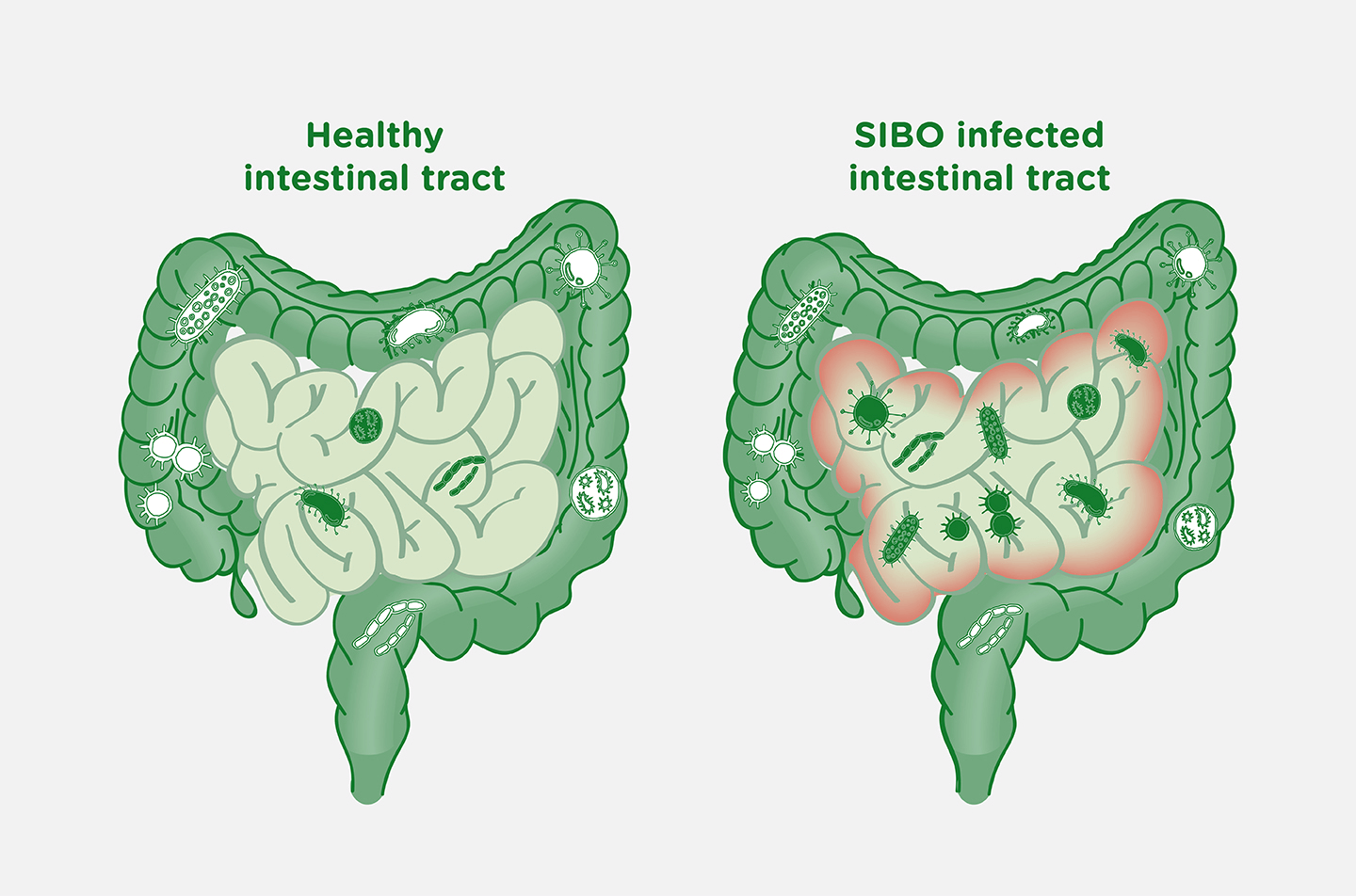

You might need to take antibiotics for only a week or two, or for a longer time. Trimethoprim- sulfamethoxazole ( Bactrim).Amoxicillin-clavulanic acid ( Augmentin).Other antibiotics that treat SIBO include:
BACTERIAL OVERGROWTH IN STOMACH PLUS
If your test showed high levels of methane, you’ll probably take rifaximin plus the antibiotic neomycin (Mycifradin). If your sample had a lot of hydrogen in it, the main treatment is the antibiotic rifaximin (Xifaxin). The treatment might depend on the results of your breath test. That should ease your symptoms and help your body absorb more nutrients from your food. To treat SIBO, you need to get your gut bacteria back in balance. This air is tested to see if it has high levels of hydrogen or methane to suggest SIBO. Over the next 3 hours, you breathe into a balloon every 15 minutes. They take a small sample of the fluid inside and do a lab test called a culture to see what kind of bacteria it has. Your doctor passes a long, thin tube called an endoscope through your digestive tract to your small intestine. Small intestine aspirate and fluid culture.Stool tests that look for problems like how much fat your body is absorbing.Blood tests to check for anemia or a lack of vitamins.Imaging tests like as X-rays, CT, or MRI to look for physical problems in your intestines.This type of doctor specializes in the digestive system. If you’ve had symptoms that don’t go away, see a gastroenterologist. Symptoms of SIBO can look like those of many other conditions. Antibiotics that affect the bacteria in your intestines.Proton pump inhibitors that curb acid in your stomach.


Medicines are sometimes at the root of SIBO. Inflammatory bowel diseases like Crohn’s and ulcerative colitis.Weakened immune system because of HIV or an immunoglobulin A deficiency.Connective tissue disorders such as scleroderma.Medical conditions like these can keep your intestines from working the way they should: A buildup of protein called amyloid in your small intestine.Unusual passage (fistula) between two parts of your bowel.Surgical procedures like Roux-en-Y ( gastric bypass surgery).Diverticulosis (pouches in the small intestine).Physical differences in your gut can make food move more slowly than it should and allow bacteria to grow. You may have a small intestine with an unusual shape. They’re also more likely to have diverticulosis.Īnatomy. Older adults are at higher risk because they may make less of the gastric acid that breaks down food. Things that can cause SIBO or make it more likely include:Īge. If the “good” bacteria that help you digest food can’t keep up with the harmful bacteria, the “bad” germs can multiply too fast, leading to an imbalance. SIBO usually starts when your small intestine doesn’t move food along the way it should. SIBO can be treated, and lifestyle changes may be all it takes. But if things get out of balance, problems can happen. Small intestinal bacterial overgrowth (SIBO) is when you have too much bacteria in your small intestine.Įveryone has bacteria in their gut they play a key part in digestion.


 0 kommentar(er)
0 kommentar(er)
